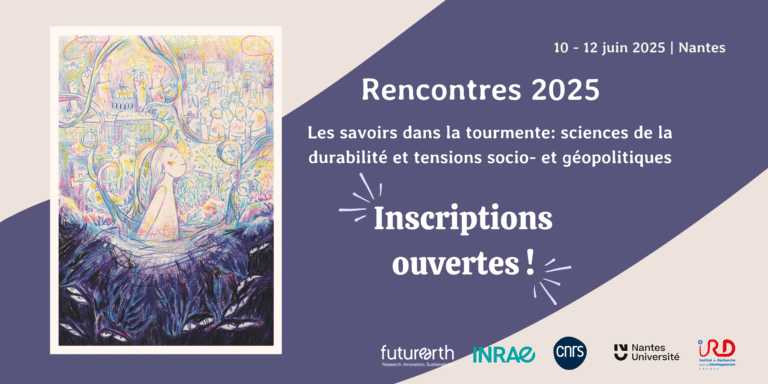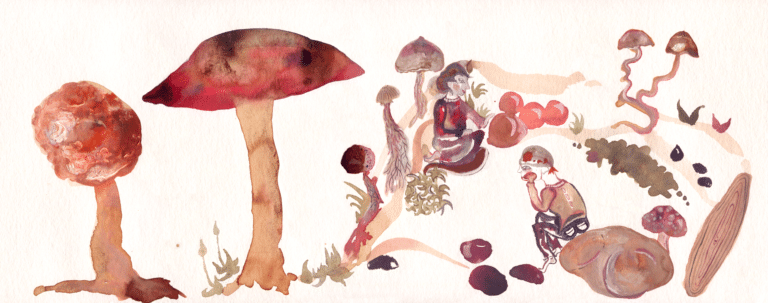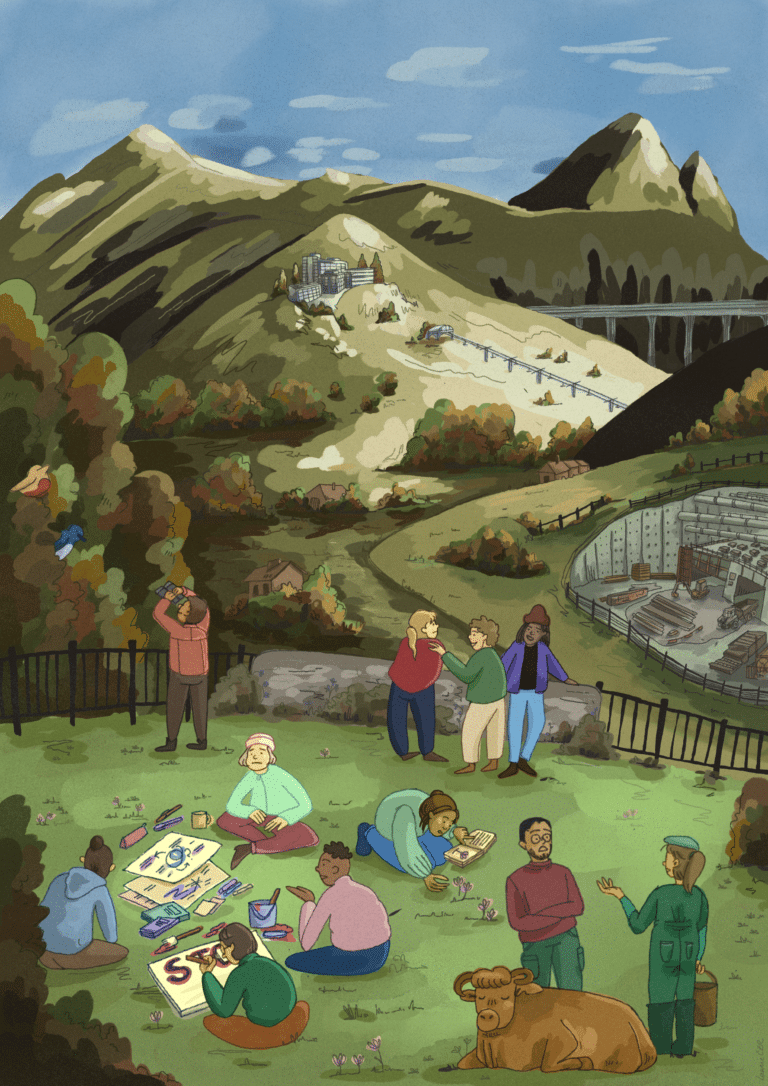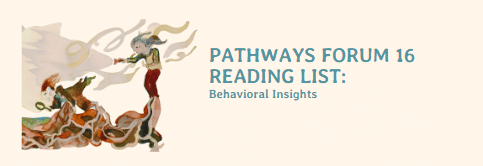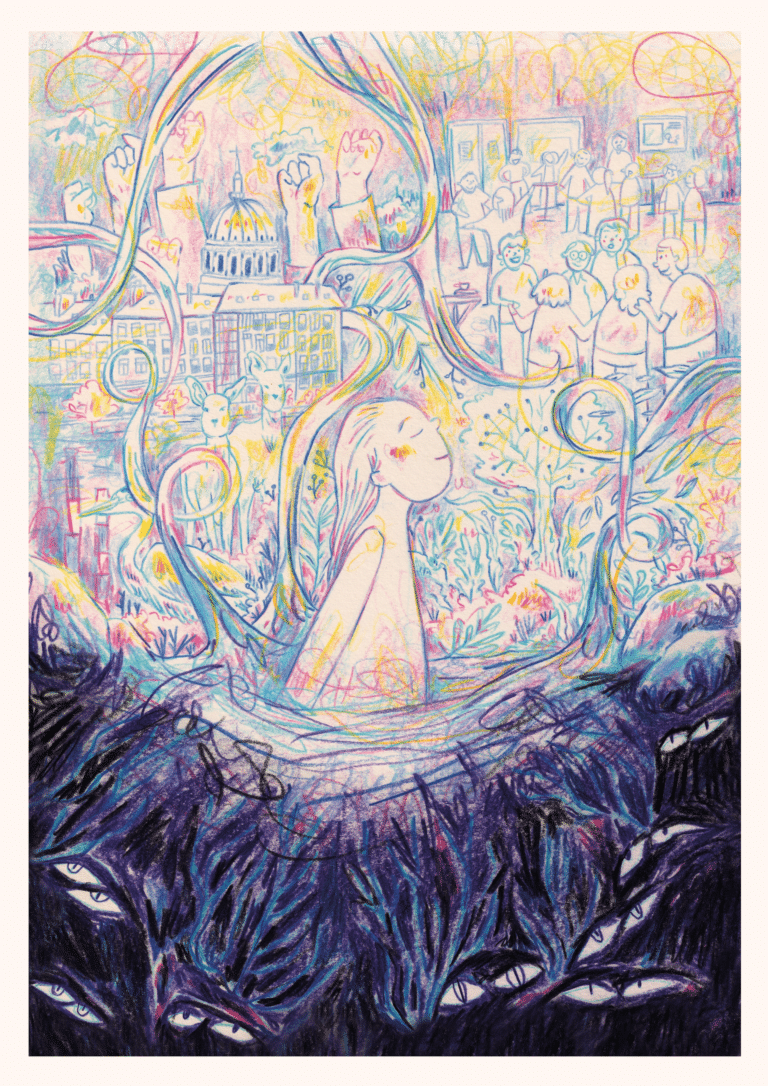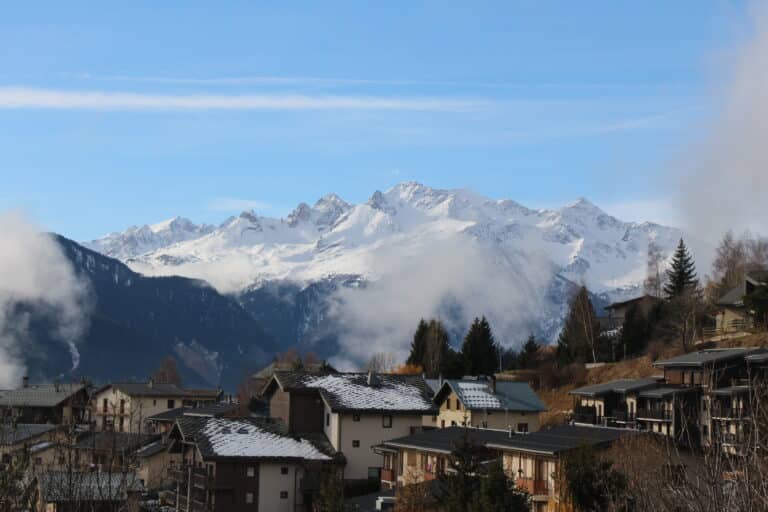Last May, the French Hub of Future Earth and the French National Committee on Global Changes (CNFGG) held the second Journée Future Earth (Future Earth Day, find the report here), following the first event in December 2016. The goal of this second event was to share recent experiences of the Future Earth network and to foster new collaborations with the French scientific community and other stakeholders. In particular, the French community was given the opportunity to discuss the Science-Based Pathways for Sustainability initiative.
On this occasion, eight young researchers helped facilitate the event’s parallel discussion sessions. These sessions aimed to prepare the ground for various thematic workshops scheduled for 2019 and 2020 in France by analysing each of the so-called “life-supporting” SDGs in an overall perspective, i.e. by examining them in relation to the general SDG framework and identifying possible tradeoffs and synergies. Participants were invited to draw up a list of objectives linked to each of these themes to be reached by 2030. The analyses will serve to prepare the four French thematic workshops.
Today, as young researchers, we are here to share our point of view. We felt extremely lucky to be offered the chance to be involved in this event. While many young people across the world have expressed their concerns about the undergoing climate crisis through multiple climate strikes, we believe that most young scientists also have a strong role and incentive to tackle these questions and help finding solutions to sustain our future. All of us have grown both as citizens and young scientists at a time of increasing awareness of the current environmental crisis. This is how we were directly or indirectly connected to the Future Earth network, through our doctoral schools and academic connections.
The 2019 Future Earth Day, its set of speakers, and the discussions we’ve had with senior researchers and stakeholders, reinforced the idea that transdisciplinary approaches are needed to achieve sustainable development. Each parallel session brought together different disciplines and actors, which allowed, among others, to get a more global view of sustainable development and global changes. Starting from this global understanding, and the multiple, interconnected challenges resulting from it, and scaling it down to a just as complex French context sometimes made discussions difficult.
Indeed, transdisciplinarity also comes with some difficulties, such as the difference of vocabulary or different approaches between various scientific disciplines. An additional difficulty consisted in integrating these different approaches into one or more overall objectives. As most of us are at the beginning of our career, this was an interesting challenge for us: to step out of the specificity of our research to enter a societal perspective, not only with our scientific peers but also with on the ground actors of sustainable development.
Depending on the theme of the session (ocean, freshwater, …) there was a certain unbalance between the fields of research (notably between human and natural sciences). It is certainly due to the way specific topics are communicated. For instance, the term “biodiversity” seemed to attract more natural sciences like ecologists than human sciences. Maybe, these type of events or network might help to tear down some mental walls between disciplines. Moreover, the presence of French institutions such as the French National Center for Scientific Research (CNRS), the French National Research Agency, the French Ministry of the Environment, shows a wish on their part to support the change both scientifically and societally.
This initiative from Future Earth gave us the opportunity to integrate notions of transdisciplinarity early in our career, which represents an innovation compared to more senior scientists who have explored transdisciplinarity later in their careers, after years of specialisation into one specific discipline.
As young scientists, the fact that we have not been too heavily formatted into a single discipline might be a strong advantage. We are more easily allowed and able to switch between different paradigms and approaches. Therefore our responsibility, as young researchers, is to maintain our involvement in this network and to participate in shaping tomorrow’s research.
